Campus Technology, an online information source for higher education, features an interview with our own Dr. Steele about how to create a Makerspace. Find out what a Makerspace is, why they are created, and what kind of space is important. Here is a quote of Dr. Steele’s pulled from the article by Leila Meyer. Click HERE to read the article in full.
Having an outlet where you can work with teams, find people with different backgrounds and use this space to turn ideas into reality is really powerful for the students, as both an educational space to complement their courses and a space where they can really dive deep and figure out what their passions are and what they want to create for the world.”

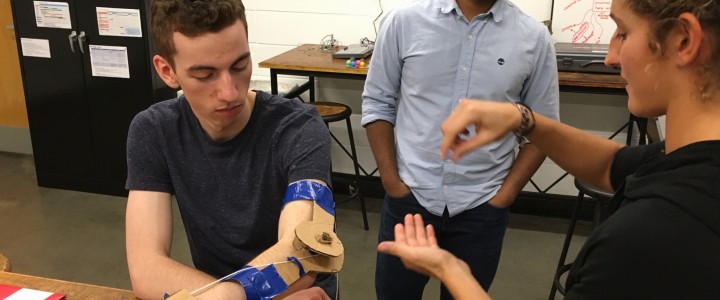
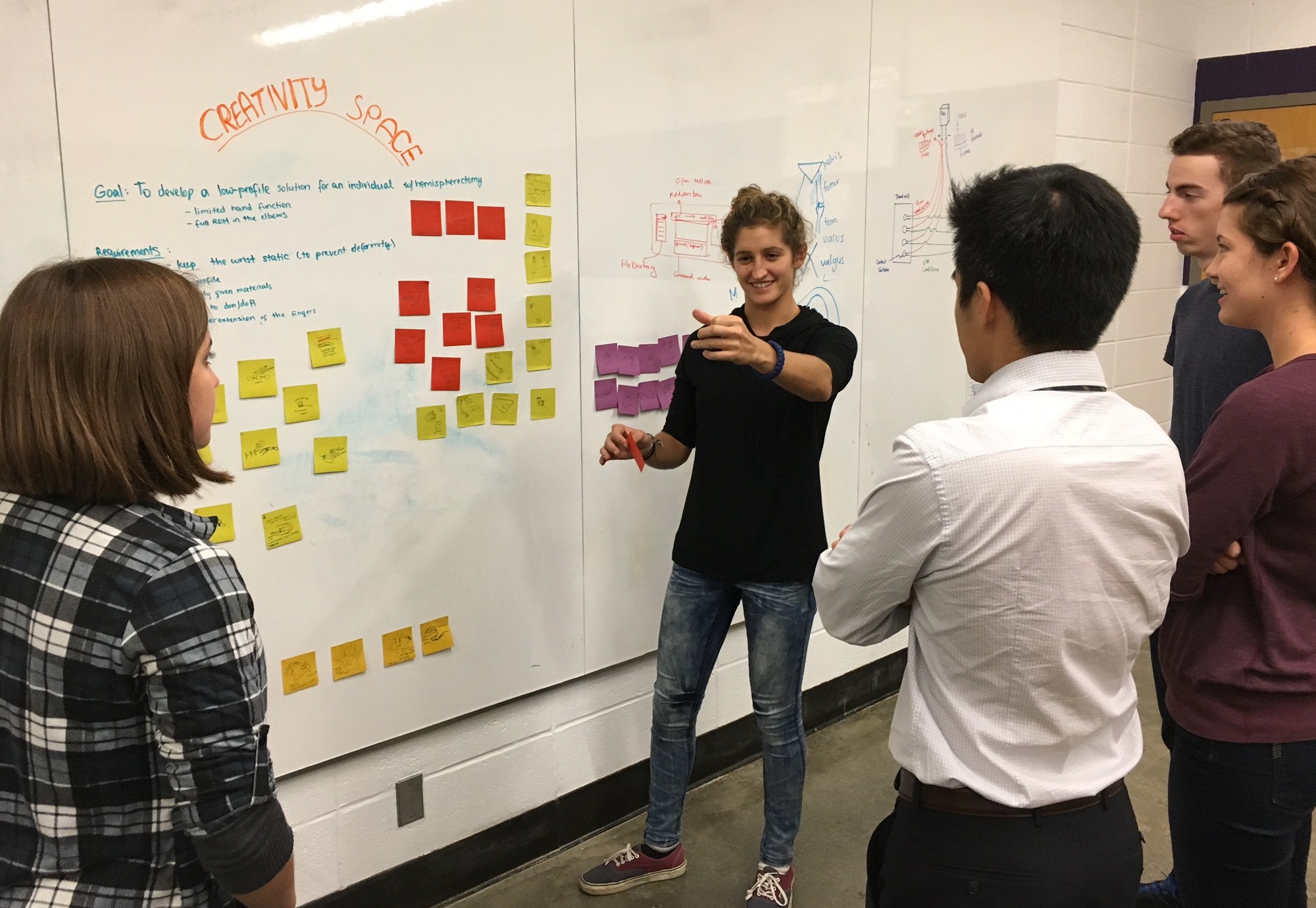
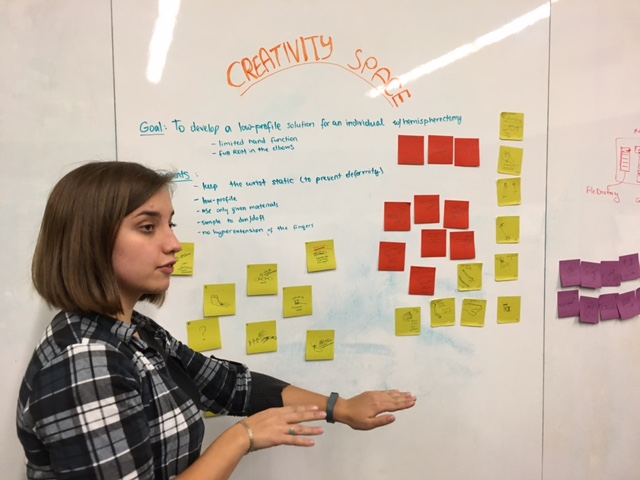

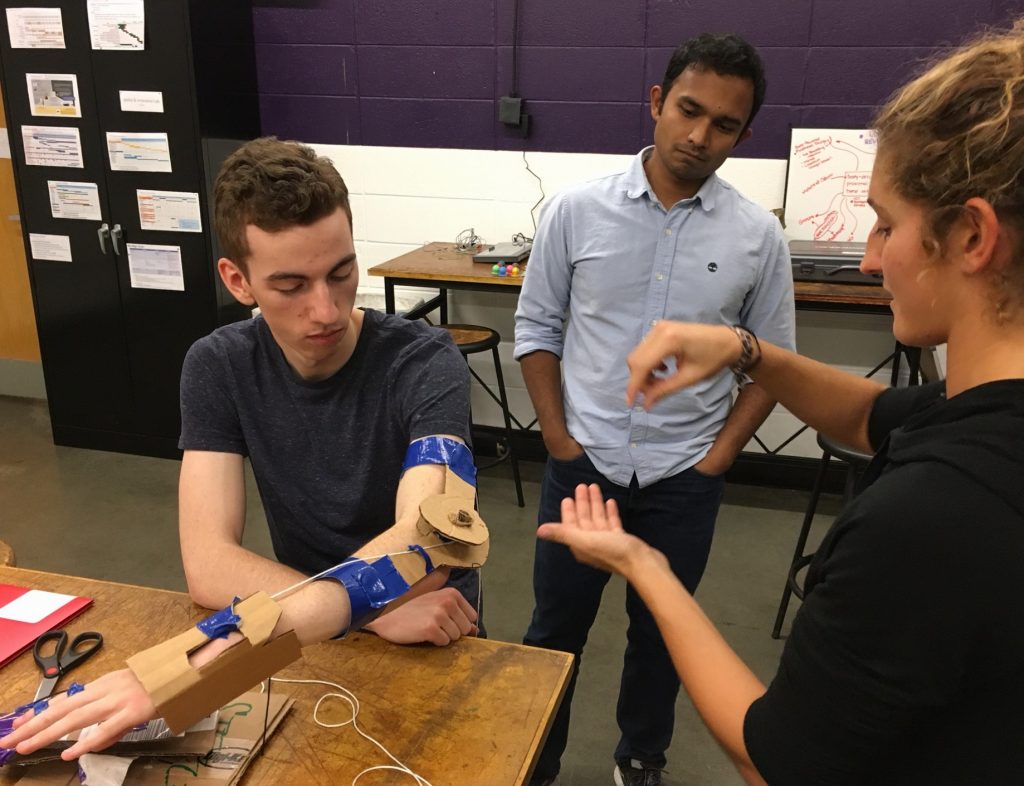
 Sasha Portnova will be presenting her work, Open-Source 3D-Printed Hand Orthoses for Individuals with Spinal Cord Injury, at the
Sasha Portnova will be presenting her work, Open-Source 3D-Printed Hand Orthoses for Individuals with Spinal Cord Injury, at the 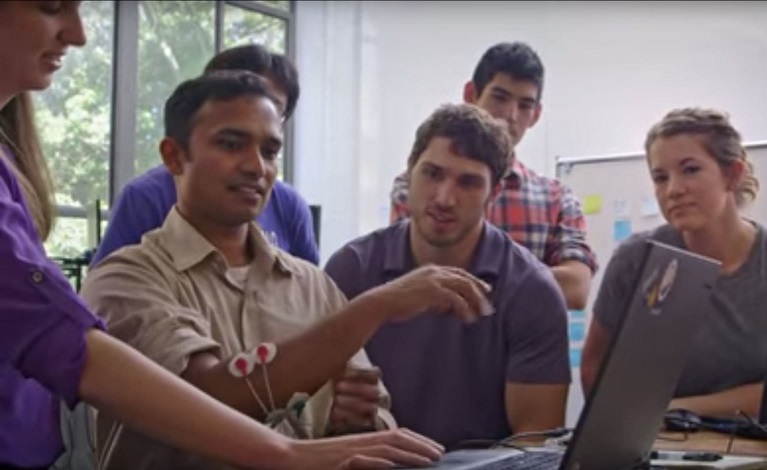 During the summer we had film crews observing our lab and the labs of fellow engineers across our campus. Take a look at the finished video,
During the summer we had film crews observing our lab and the labs of fellow engineers across our campus. Take a look at the finished video,